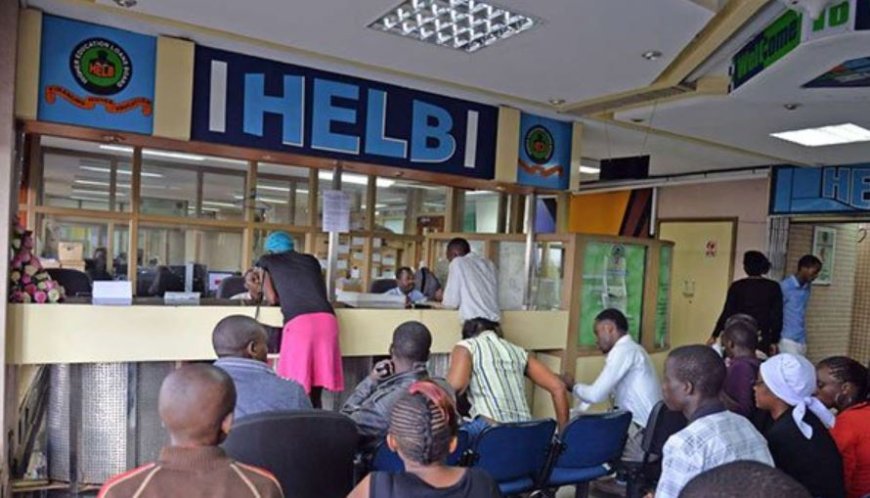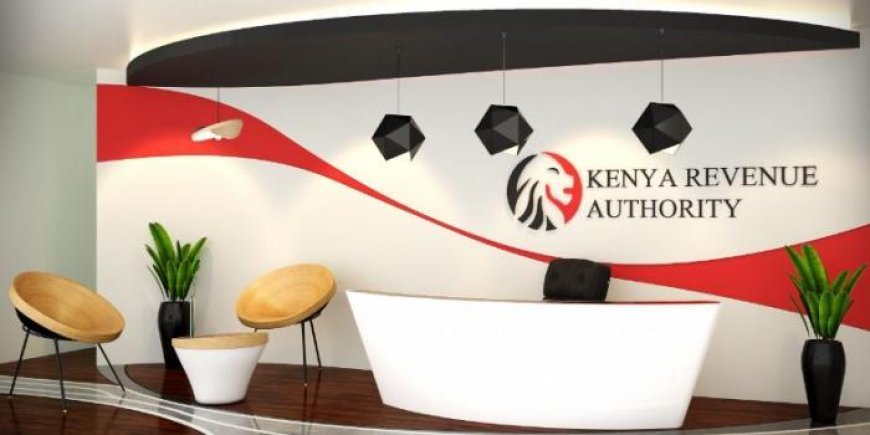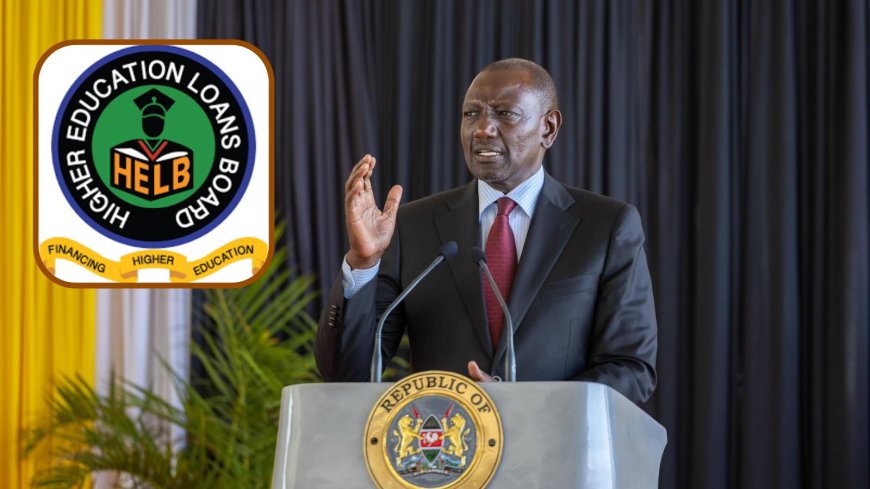How HELB's Push Could Prompt KRA To Revisit Personal Data Proposal
HELB is seeking access to the data from the two entities, among other personal data, to track defaulters for the purposes of demanding that they pay back the loans.

The Higher Education Loans Board (HELB) has disclosed that it is engaging with the Kenya Revenue Authority (KRA) in a fresh crackdown on defaulters. This is as a looming crisis in higher education threatens to shatter the university hopes of thousands of students from low-income backgrounds.
HELB Chief Executive Officer (CEO) Geoffrey Monari lamented that the defaulters were spending on luxury items, including vehicles, instead of repaying their loans, something he adds will also involve the National Transport and Safety Authority (NTSA).
According to him, HELB is seeking access to the data from the two entities, among other personal data, to track defaulters for the purposes of demanding that they pay back the loans.
"We’re working with KRA and NTSA. Some have bought cars but won’t repay their HELB loans — that has to stop," stated Monari.

An image of KRA offices. /FILE
The turning towards KRA for the data of HELB defaulters could push the taxman to revive proposals to be granted unchecked access to personal customer data, something it has been pursuing since the introduction of the Finance Bill 2024.
A proposal that was made in the deleted Finance Bill 2024 sought to allow KRA to access sensitive personal data, including property and bank account details, in its fight against tax evasion. Former Treasury Cabinet Secretary Njuguna Ndung’u had sought to amend the Data Protection Act, 2019, via the Finance Bill 2024, which would have granted KRA unrestricted access to information from various entities without a court warrant.
This amendment would have integrated data from banks, telecoms, utilities, schools, land registries, and other agencies into KRA's digital system, iTax, sparking concerns among legal experts.
The current law protects businesses from being forced to link their systems with KRA if it risks exposing sensitive information. Removing this safeguard would give KRA full access to business systems in the name of enforcing tax compliance, and in this case, it can be accessed by other government entities like HELB in its pursuit of loan defaulters.
This proposal snuck its way back into the Finance Bill 2025 (before it became an Act), but it was dropped by Members of Parliament (MPs), citing constitutional privacy protections under Article 31(c) and (d). The Finance and Planning Committee, led by Molo MP Kimani Kuria, noted that the current law — specifically Section 60 of the Tax Procedures Act — already allows data access via court-issued warrants.
Meanwhile, HELB confirmed widespread fears that it lacks the funds to issue new student loans this year. While the board required Ksh48 billion in the previous financial year, it received just Ksh26 billion. As a result, more than 100,000 students missed out on full financial support, with some receiving only upkeep allowances while others secured full funding.







